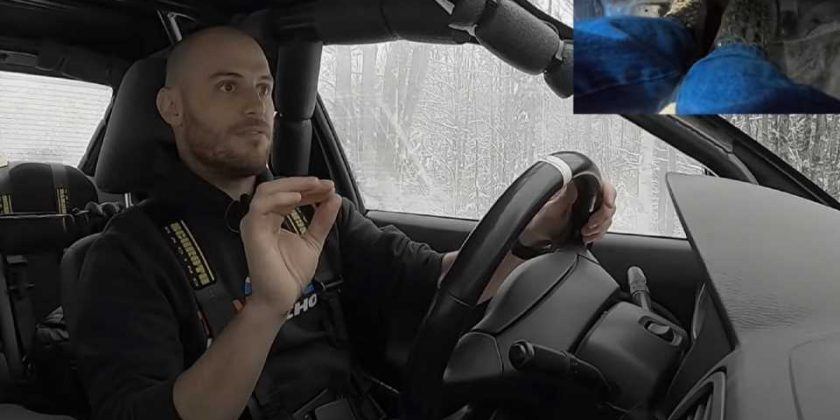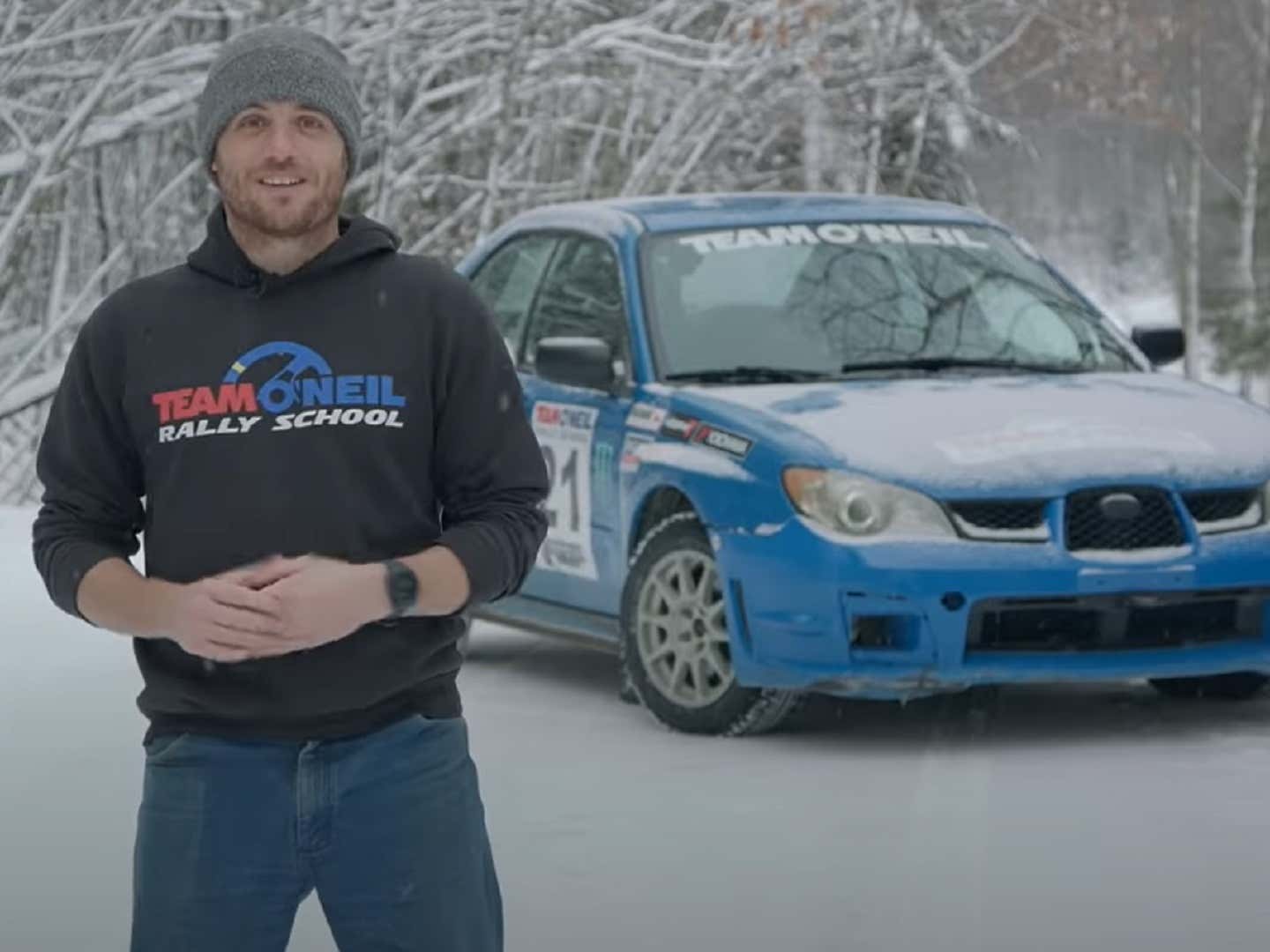I don’t know about you, but I didn’t learn about the limo stop in driver’s education class. Champion rally driver Wyatt Knox says it’s the nicest way to stop every time with the least amount of recoil. It also translates directly into high-performance driving and winter driving, so take this information and use it on the road and maybe you’ll save yourself from an unfortunate tangle with a tree. The limo stop, as the name might imply, refers to the smooth, no-jostling ride in a luxury car with a skilled driver whose name may or may not be Jeeves.
A limo stop is much preferred over a sudden stop during which you brake and then keep your foot mashed to the floor, resulting in a more abrupt, rocking stop that snaps your body forward a little or a lot depending on your stopping distance and force. With the luxury technique, you’ll put your foot on the brake and then ease up as you approach the stop. The moment you come to a complete stop, you won’t feel that sudden jerk of hard braking and your soft drink won’t spill over from the cup holder.
Knox is an excellent winter driving teacher; I know from experience because he taught me how to properly drive a Dodge Challenger with AWD on a snowy skidpad up at the Team O’Neil school in New Hampshire. He suggests using this braking technique a little more aggressively if you’re driving in snow and ice to check your grip: brake hard, and let up. You’ll be able to assess more accurately if you’re giving yourself enough stopping distance. Basically, Knox says, you’re calibrating your braking foot for use in an emergency and you’re also demonstrating for yourself what you need to do to keep it smooth during acceleration.
In the case of high-performance driving, Knox demonstrates how to get off the clutch with your left foot while in neutral and using that foot to gently press the brake and ease off. And also, if you’re on the brakes hard, the car won’t turn. That’s where he recommends trail braking, which means you will brake hard on the straightaway and then ease up on the turn to give you the best steering option.
It takes a little practice, but Knox says your foot and brain will work together and it will start happening automatically. Get out on some back roads, he says, get into some skids, and work on it. In the snow, you’re not wearing out the tires, ball joints, suspension, or bushings like you would on a track, so it’s kind of like a pillow. Just remember that the pillow can be slippery, so use the rest of your winter driving skills to stay safe.
Source: Read Full Article

